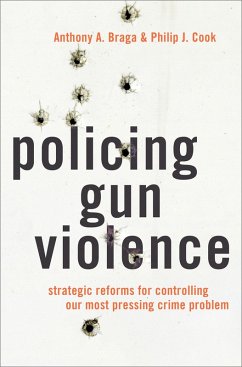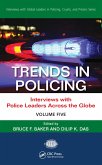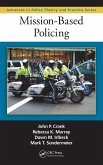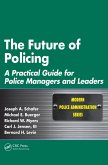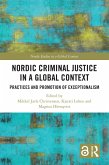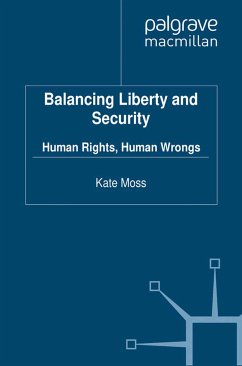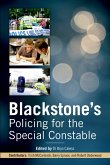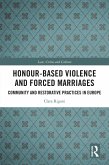In many U.S. cities, gun violence is the most urgent crime problem. High rates of deadly violence make a city less livable, dragging down quality of life, economic development, and property values. The police are the primary agency tasked with controlling gun violence, yet advocates for gun violence prevention either ignore the police or only reference them as a part of the problem. But in fact, more effective policing is key to the success of any comprehensive effort to reduce community gun violence. The stakes are high--gun violence is concentrated in low-income Black communities, and consequently these communities bear the brunt of the associated economic, social, and psychological burdens. Any successful strategy must overcome the current impasse where the residents of high-violence neighborhoods do not trust the police, having experienced both abuse and neglect in their dealings with officers. How can police departments find the right balance between over- and under-policing of high-violence areas? What are the best practices for police to preempt and deter gun violence, while engendering support and cooperation from the public? Drawing on fifty years of research and practical experience,
Policing Gun Violence argues that it is possible for the police to create greater public safety while respecting the rights of individuals and communities. While gun violence can be attributed to various systemic causes that should remain on the public agenda--from widespread gun availability to poverty and racism--Anthony A. Braga and Philip J. Cook make the case that violence is itself a root cause of social disparity and future violence. Effective law enforcement is a vital component of a just society. They review and synthesize the evidence in several key areas: enforcement of gun laws, policing hot spots, controlling high-risk groups through focused deterrence, enhancing investigations to increase the arrest and conviction rate, preventing officer-involved shootings, and disrupting underground gun markets.
Policing Gun Violence serves as a guide to how the police can better utilize their considerable resources to make cities safer.
Dieser Download kann aus rechtlichen Gründen nur mit Rechnungsadresse in A, B, BG, CY, CZ, D, DK, EW, E, FIN, F, GR, HR, H, IRL, I, LT, L, LR, M, NL, PL, P, R, S, SLO, SK ausgeliefert werden.

